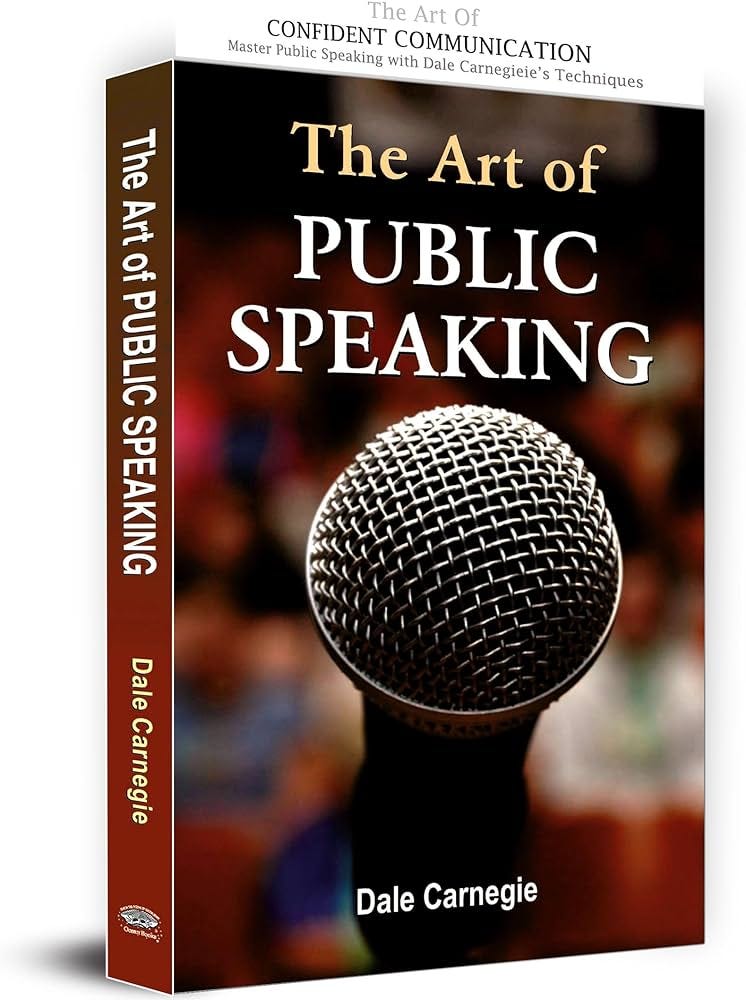Overcome these 4 barriers to hack communication.
Welcome to Whatever Matters, a weekly newsletter where I provide actionable ideas to help you build a high-performing life and career.
Today’s overview:
4 Barriers of communication
How to monitor and track your progress?
Job Board
Rayn’s recommendation corner
With the free Magical AI browser extension, you can:
Instantly craft personalised replies: Saved responses and AI-powered writing tools make quick work of emails and messages.
Auto-fill forms and spreadsheets: No more tedious copy-pasting. Magical populates fields with the right data in a flash.
Compose emails in seconds: Get contextual AI suggestions for full emails or just the tricky parts.
Install Magical AI in under a minute, and start saving time across millions of websites. Plus, your data stays safe – it never leaves your computer.
4 Communication Barriers
Talking to strangers can be tricky, even if you’re extroverted. Sometimes our messages don't get through the way we want them to. This can lead to confusion. Communication barriers can arise at any stage of the process.
And, based on my experience here are a few frequent culprits:
#1 Barrier
Not Listening Well → If you're distracted or not paying attention, you might miss what someone is saying. Listen to understand not to reply.
#2 Barrier
Muddled Messages → Unclear words or confusing ideas can leave people wondering what you mean. Be clear with what you want and don’t worry about being judged.
#3 Barrier
Cultural Mix-Ups → Different cultures have different ways of talking. What's normal in one place might seem rude in another. Ask before you say something or better to apologise when you go wrong.
#4 Barrier
Feeling Overwhelmed → Too much information at once can be hard to understand. The less you speak the more respect you’re bound to gain. Less information is more impact.
How can you fix this?
Listen Up - Pay attention and ask questions to make sure you understand.
Speak Clearly - Use plain language and avoid jargon.
Be Patient with Differences - People from different backgrounds might talk differently.
Take a Breath - If you're feeling stressed or angry, calm down before talking.
Understanding these communication roadblocks allows us to build stronger relationships and avoid misunderstandings.
Drop a line at narayanan@chalkmeout.com or book a call directly at www.topmate.io/chalkmeout
How to monitor and track your progress?
Everyone learns to walk but rarely do we observe how much we've walked, and how we must improve to walk further, and faster.
These 3 powerful reasons why monitoring your progress is crucial will help you take a different look at personal development and entrepreneurship;
1. Course Correction and Adaptability
↳ Personal Development: Tracking how you feel after meditating, for example, reveals whether it's truly benefiting you or if you need to try another stress-reduction technique. Your progress log is raw data guiding adjustments. This could be for any activity.
↳ Entrepreneurship: Monitoring key metrics (website traffic, leads, sales) shows which marketing channels work best. This allows you to ditch ineffective strategies and double down on what yields results.
2. Motivation and Momentum
↳ Personal Development: A journal of daily workouts and improved fitness stats can be a massive motivator, especially on days you feel like skipping exercise. Seeing tangible improvement fuels further effort.
↳ Entrepreneurship: Tracking income growth, even in small increments, validates your hustle. Visualizing progress can push you through challenges and keep you focused on the long-term vision.
3. Identify Patterns and Bottlenecks
↳ Personal Development: Mood tracking alongside your daily habits can reveal surprising connections – maybe poor sleep consistently leads to irritability. This allows for targeted solutions, not vague self-improvement attempts.
↳ Entrepreneurship: Closely monitoring project timelines and workflow can expose inefficiencies or where tasks get stuck. This lets you optimize processes to become more efficient and save resources.
One theory can be utilised for two separate aspects of our life. Try these and let me know if this hits a chord.
New Job Opportunities
Narayanan’s Recommendation Corner
→ Quote of the week,
“The mind is not a vessel to be filled but a fire to be ignited.” — Plutarch.
→ Book of the Week,
The Art of Public Speaking by Dale Carnegie
In Dale Carnegie's "The Art of Public Speaking," the focus is on conquering your fear of public speaking and developing the skills to be a captivating speaker. The book emphasizes that becoming a successful speaker is a journey built on practice and offers a roadmap to get you there.
The key takeaways from this book I feel will help you:
Overcome Stage Fright: Public speaking jitters are common, but the book provides methods to manage nervousness and build confidence.
Craft Compelling Content: Your message should be valuable and interesting to hold the audience's attention.
Engage Your Audience: Techniques for clear and enthusiastic delivery are explored to keep listeners engaged.
Power of Storytelling: Weaving stories and anecdotes into your speech can make your message relatable and memorable.
The Art of Conversation: Effective public speaking borrows from the back-and-forth of conversation to connect with the audience.
This week’s question to you
When was the last time you missed an opportunity because you didn't speak up? I receive over 15000 responses on each question and I am so happy that you take this step to share your thoughts and feelings. Step out, drop me a line with your thoughts, doubts or questions. I am happy to respond to each one of you.





